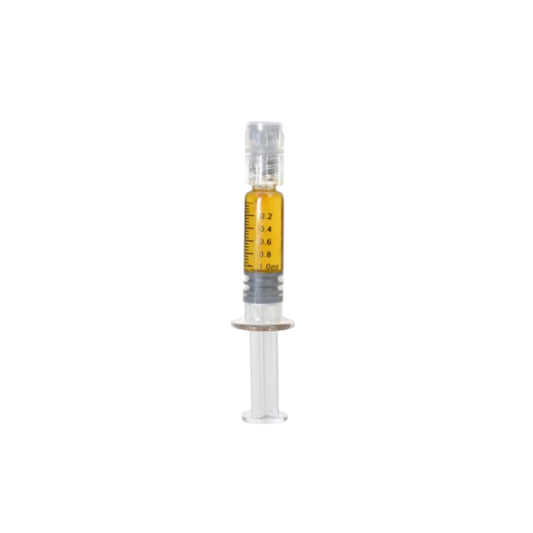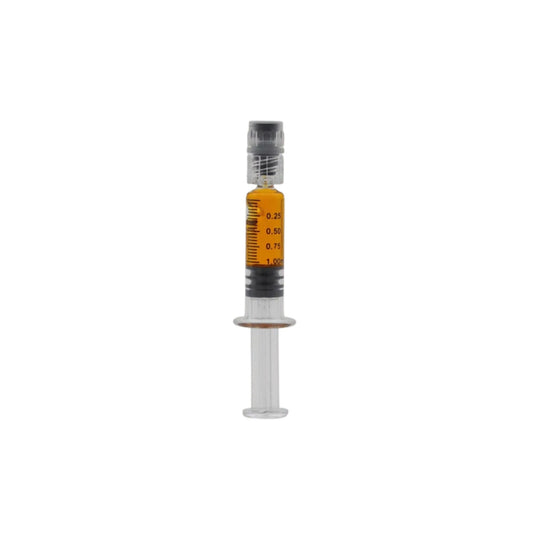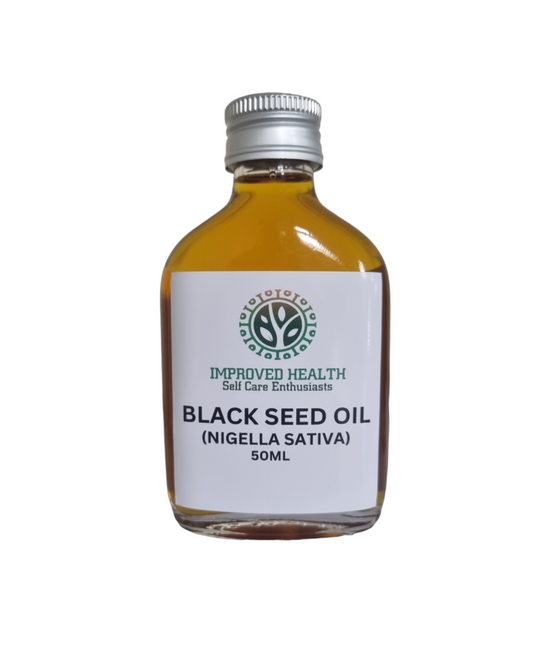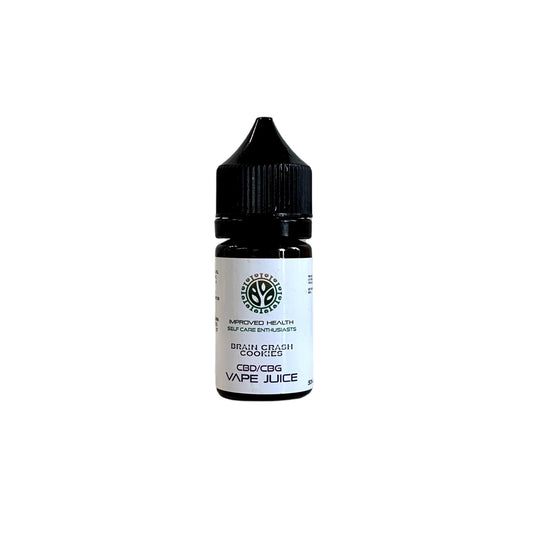In recent years, CBD (cannabidiol) has taken the wellness and health industry by storm. You've likely heard of it, seen it on store shelves, or even considered trying it yourself. But what exactly is CBD, and why is it generating so much buzz? In this blog post, we'll delve into the science behind CBD and explore its potential benefits for your overall wellness.

What Is CBD?
CBD, or cannabidiol, is one of over 100 active compounds found in the cannabis plant. It's important to note that CBD is not the same as THC (tetrahydrocannabinol), which is responsible for the psychoactive effects associated with marijuana. Unlike THC, CBD does not produce a "high."

How CBD Works
The key to understanding CBD's potential lies in the endocannabinoid system (ECS). This complex system exists within the human body and plays a crucial role in regulating various processes, including mood, pain, inflammation, sleep, and immune function. The ECS consists of receptors, enzymes, and endocannabinoids produced by the body.
When you consume CBD, it interacts with the ECS by influencing the receptors, particularly the CB1 and CB2 receptors. By doing so, CBD may help the body maintain balance, or homeostasis, in various physiological functions. This ability to promote balance is at the core of the potential health benefits of CBD.

Health Benefits of CBD
CBD's potential benefits are wide-ranging and have been the subject of ongoing scientific research. Some of the most promising areas where CBD may be beneficial include:
-
Pain Relief: CBD is often used to manage chronic pain and reduce inflammation, making it an attractive option for individuals seeking natural pain relief.
-
Stress and Anxiety: Research suggests that CBD may have anxiolytic (anxiety-reducing) effects, helping individuals manage stress and anxiety.
-
Improved Sleep: CBD has shown promise in promoting better sleep by addressing issues like insomnia and sleep disturbances.
-
Neuroprotection: Some studies indicate that CBD might have neuroprotective properties, potentially benefiting individuals with neurological disorders.
Safety and Legality
It's important to note that while CBD is generally considered safe, it can have potential side effects, including dry mouth, diarrhea, and changes in appetite. Furthermore, the legal status of CBD varies by location, so it's essential to understand the local regulations regarding its use.
When using CBD, it's advisable to start with a low dose and gradually increase it as needed. Additionally, consult with a healthcare professional, especially if you are taking other medications, to ensure there are no adverse interactions.

Choosing Quality Products
Not all CBD products are created equal. To ensure you're getting a high-quality product, look for the following:
-
Lab Testing: Reputable companies provide third-party lab testing results, confirming the product's cannabinoid content and safety.
-
Transparency: Choose products from companies that are transparent about their sourcing, extraction methods, and manufacturing processes.
In conclusion, CBD is a natural compound with the potential to enhance your overall wellness by promoting balance within your body. As the scientific understanding of CBD continues to grow, more people are turning to this non-intoxicating cannabinoid to address various health and wellness concerns.
If you're considering incorporating CBD into your daily routine, be sure to consult with a healthcare professional and choose products from reputable sources. Your path to a healthier, more balanced life might just be a dropper away.







